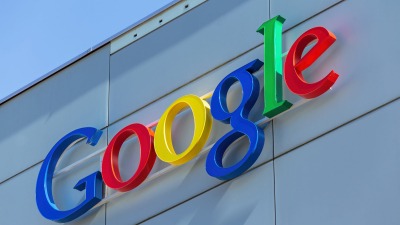Major media group sues "Google" over AI's hijacking of its journalistic content

The technology giant "Google" has entered a new legal predicament after being sued by the "Penske Media" group, owner of "Rolling Stone", "Billboard", and "Variety" magazines, in a lawsuit that is the first of its kind by a major American publisher, due to the "AI Overviews" feature that provides summaries using artificial intelligence.
The lawsuit, filed in federal court in Washington, claims that "Google" requires publishers' sites to be included in its search results only if they also allow it to use their articles in AI summaries, which the group described as an exploitation of the company's dominance in the search market, which holds a share of "about 90% in the United States" according to a federal court ruling.
"Penske", a family-owned media conglomerate led by Jay Penske that attracts 120 million monthly visitors, reported that about 20% of Google searches related to its sites now display these summaries, with expectations of this percentage rising. It revealed that its revenues related to this matter "have decreased by more than a third from their peak by the end of 2024 with declining visits from search results", considering that this practice undermines publishers' ability to compete.
In response to the lawsuit, "Google" defended its new feature, stating that "AI Overviews provides a better experience for users and directs traffic to a wider range of websites". Its spokesperson, Jose Castaneda, affirmed, saying: "With AI Overviews, people find Google search more useful and use it more, creating new opportunities for discovering content. We will defend against these baseless claims".
This lawsuit follows repeated complaints from news organizations that Google’s new features "reduce traffic to their sites, leading to a decline in advertising and subscription revenues", and comes after a similar lawsuit filed by "Chegg" last February. This legal escalation comes despite a rare legal victory achieved by "Google" earlier this month, which prevented it from being forced to sell the "Chrome" browser, a decision that disappointed publishers and industry bodies.